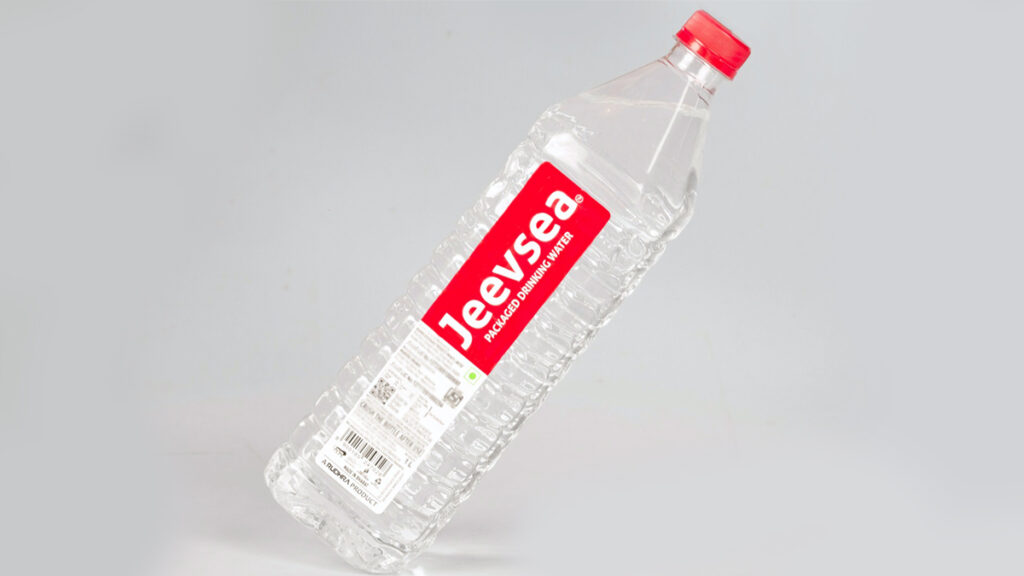Packaged drinking water, a ubiquitous presence in stores and backpacks, has become an essential part of modern life. But beneath its seemingly simple purpose lies a complex story. Let’s delve into the world of bottled water, exploring its benefits, drawbacks, and the environmental impact it carries.
The Allure of Convenience:
There’s no denying the convenience of packaged water. It’s readily available, portable, and often perceived as a safer alternative to tap water, especially for those on the go or residing in areas with questionable water quality. Bottled water caters to a variety of needs, from athletes requiring constant hydration during workouts to travelers seeking peace of mind in unfamiliar locations. Additionally, the industry offers a range of options, from spring water sourced from natural underground reservoirs to purified water treated with various methods like reverse osmosis.
Health Benefits and Misconceptions:
The health benefits of staying hydrated are undeniable. Packaged water ensures easy access to clean, safe drinking water, which is crucial for regulating body temperature, aiding digestion, and transporting nutrients. However, the myth that bottled water is inherently healthier than tap water is often debunked. Stringent regulations ensure that tap water in many developed countries meets high safety standards.
The Environmental Cost:
The environmental impact of bottled water is a significant concern. The production of plastic bottles requires a substantial amount of fossil fuels and water. Discarded plastic bottles contribute heavily to plastic pollution, with a large percentage ending up in landfills or littering our oceans. The recycling rate for plastic bottles remains low, further compounding the problem.
Seeking Sustainable Solutions:
Consumers are increasingly becoming environmentally conscious, driving the demand for sustainable solutions. Reusable water bottles are a readily available alternative, reducing reliance on single-use plastic. Additionally, companies are exploring the use of recycled plastic and biodegradable materials for bottles. Water filtration systems at home or work can also significantly reduce dependence on bottled water.
The Future of Packaged Water:
The future of packaged drinking water likely involves a shift towards responsible consumption and innovation. Refillable glass bottles with water purification stations could become more commonplace. Advancements in biodegradable packaging materials and improved recycling infrastructure are also crucial. Additionally, promoting public trust in tap water quality can encourage a reduction in bottled water consumption.
Making Informed Choices:
As consumers, we play a vital role in shaping the future of packaged water. Here are some tips to consider:
- Invest in a reusable water bottle: Carry it with you and refill it from safe sources whenever possible.
- Choose brands committed to sustainability: Look for companies using recycled plastic or biodegradable materials.
- Support initiatives for improved tap water quality: Advocate for investments in water treatment infrastructure.
- Only purchase bottled water when absolutely necessary: For example, during emergencies or while traveling in areas with unreliable tap water.
By being mindful consumers and advocating for sustainable solutions, we can ensure that our thirst for hydration doesn’t come at the cost of environmental health. Packaged drinking water offers undeniable convenience, but its continued existence must be balanced with environmental responsibility. We must strive for a future where safe drinking water is readily accessible, but not at the cost of a plastic-laden planet.
